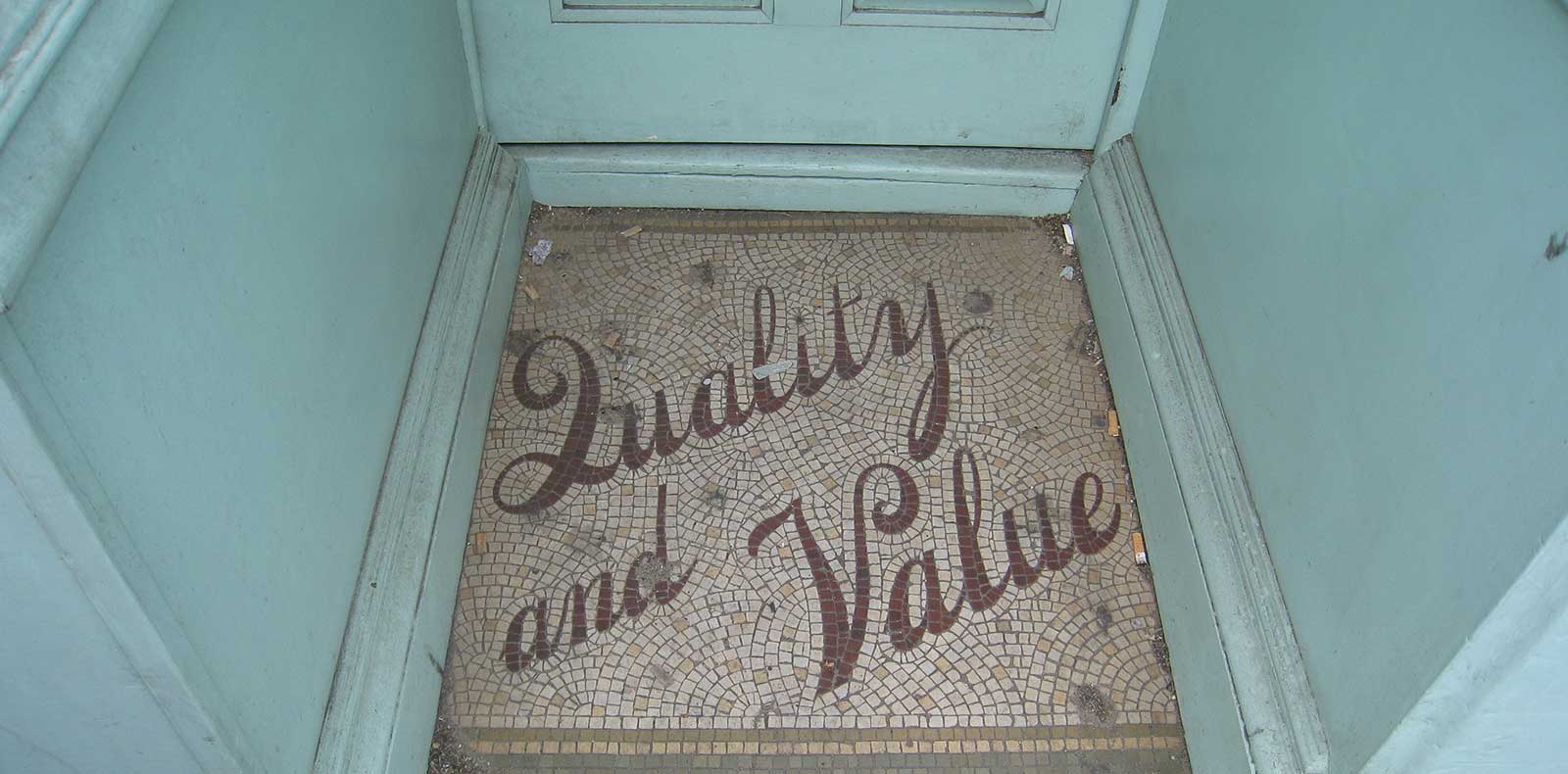To paraphrase the Pareto Principal: yes, you can get 80% of the work done in 20% of the time, but if that’s all you ever do, your work is only ever 80% of what it could be. Is that really acceptable?
The “Work Smarter” idea is an intoxicating one. It draws on an intrinsic hope that there must be some way to reduce effort and increase output. At its most extreme it is the perpetual motion of getting things done, the holy grail of productivity, and people have become evangelical about it.
The underlying values behind this drive for productivity concern me: quantity above quality, product over contemplation, and speed before reflection. These are not inherently bad things—they’re very useful during certain parts of the creative process*—but they’re terrible as overarching concepts. Do we really want more output, more stuff, more content?
The difficult 20% refines, smoothes the rough edges, and brings attention to detail and thoughtfulness to the things we produce. It’s where you’ll find the difference between mediocre and great, and that certain something that makes people want to interact. A lot of the joy and satisfaction I find in making things is here, and this seems to be true for many people with a certain level of experience in making things. At Fieldwork, we want people to know that they’ll always have the opportunity to find this satisfaction in their work, because most good makers need it.
More than ever before, we need to put the focus on quality, not quantity. Productivity is an easy sell—it’s get-rich-quick for the overwhelmed—but it isn’t what we need most right now. We need to raise the bar on quality.
I’m not calling for a return to process led, organisationally heavy methods for making things—I think most would agree, to varying degrees, that there’s unnecessary weight there—but in a world filling up with output—stuff, content, communications—the constant push for more output in less time makes me uncomfortable. I think we have a lot to lose, and nobody seems to talk about that. The world has plenty of 80%, maybe it’s time we start thinking about that final 20% again.
